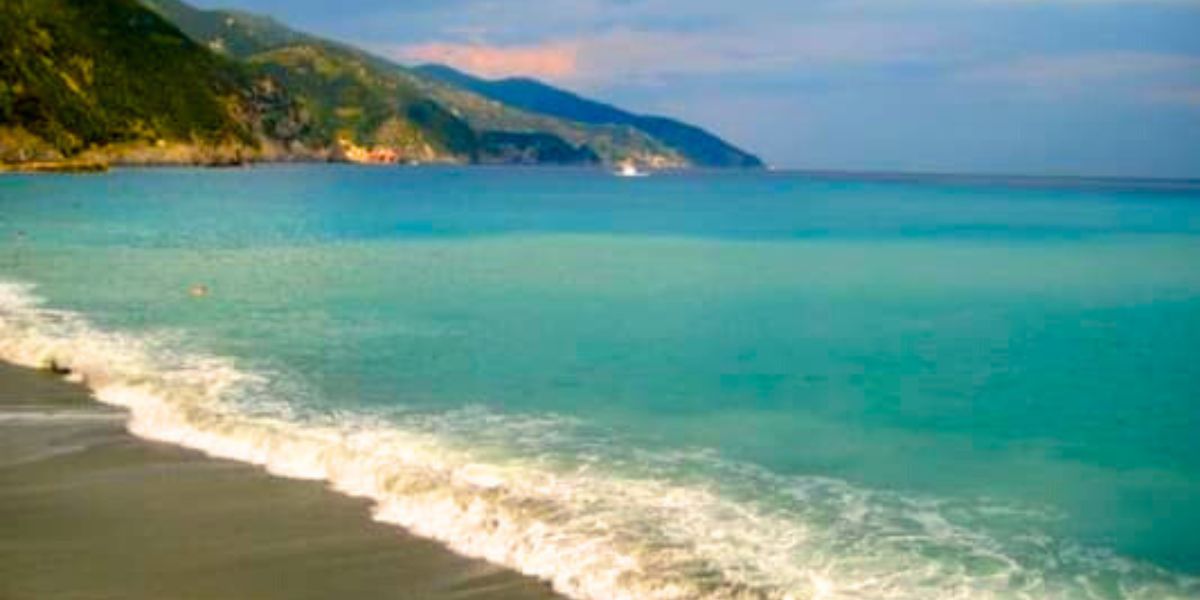Lebanon’s considerable biodiversity and natural heritage make it stand out among the countries that surround it.
With its snowcapped mountains, valleys, and various natural bodies of water, the country’s landscape has historically been home to a wide species of flora and fauna, some of which are endangered and need protection.
According to the Nature Conservation Center at the American University of Beirut (AUB), Lebanon is one of the global hotspots for biodiversity.
To learn more about biodiversity hotspots and what makes Lebanon one of them, The961 reached out to Dr. Salma Talhouk, a professor at the Department of Landscape Design and Ecosystem Management at AUB.
Biodiversity hotspots are regions where unique species are abundant and the threat of destruction is high.
The term was used by scientist Norman Myers, who proposed that conservation efforts should focus on these regions in order to deal with the limited resources invested in nature conservation.
“Scientists have described 2 million species on earth, but they estimate that there are 5 times as many that have yet to be discovered. Making sure that all living species can survive alongside human beings is a daunting task considering human population growth and our demanding lifestyles,” Dr. Salma Talhouk told The961.
Hence, following specific criteria, scientists identified 36 biodiversity hotspots around the world. These hotspots cover less than 10% of the earth’s area and yet, amazingly, they host more than half the species that occur on land, according to Dr. Talhouk.
Lebanon belongs to the biodiversity hotspot identified as the Mediterranean Basin, which covers portions of Europe, Asia, and Africa, with countries such as Cabo Verde, Egypt, Jordan, Palestine, Tunisia, Libya, Morocco, Montenegro, North Macedonia, and Albania.

“Knowing that Lebanon falls within a biodiversity hotspot should make us understand why nature in Lebanon is unique, and why we must conserve it for the sake of the world and future generations,” Dr. Talhouk issued.
“Nature offers valuable resources and outlets for people, it helps regulate and replenish natural cycles, but it also offers a value that cannot be quantified because it touches our beliefs, our history, and our culture,” she rightfully said.
Lebanon has a uniqueness that we tend to overlook and often mistreat. However, this little piece of heaven on earth has far more effects beyond our small world, it plays an important role on a global scale.
As Dr. Talhouk says, “We must become guardians of the biodiversity in our small country because the impact of our conservation activities will contribute to the global efforts that are ongoing to conserve nature in highly threatened, biodiversity-rich areas of the world.”

















